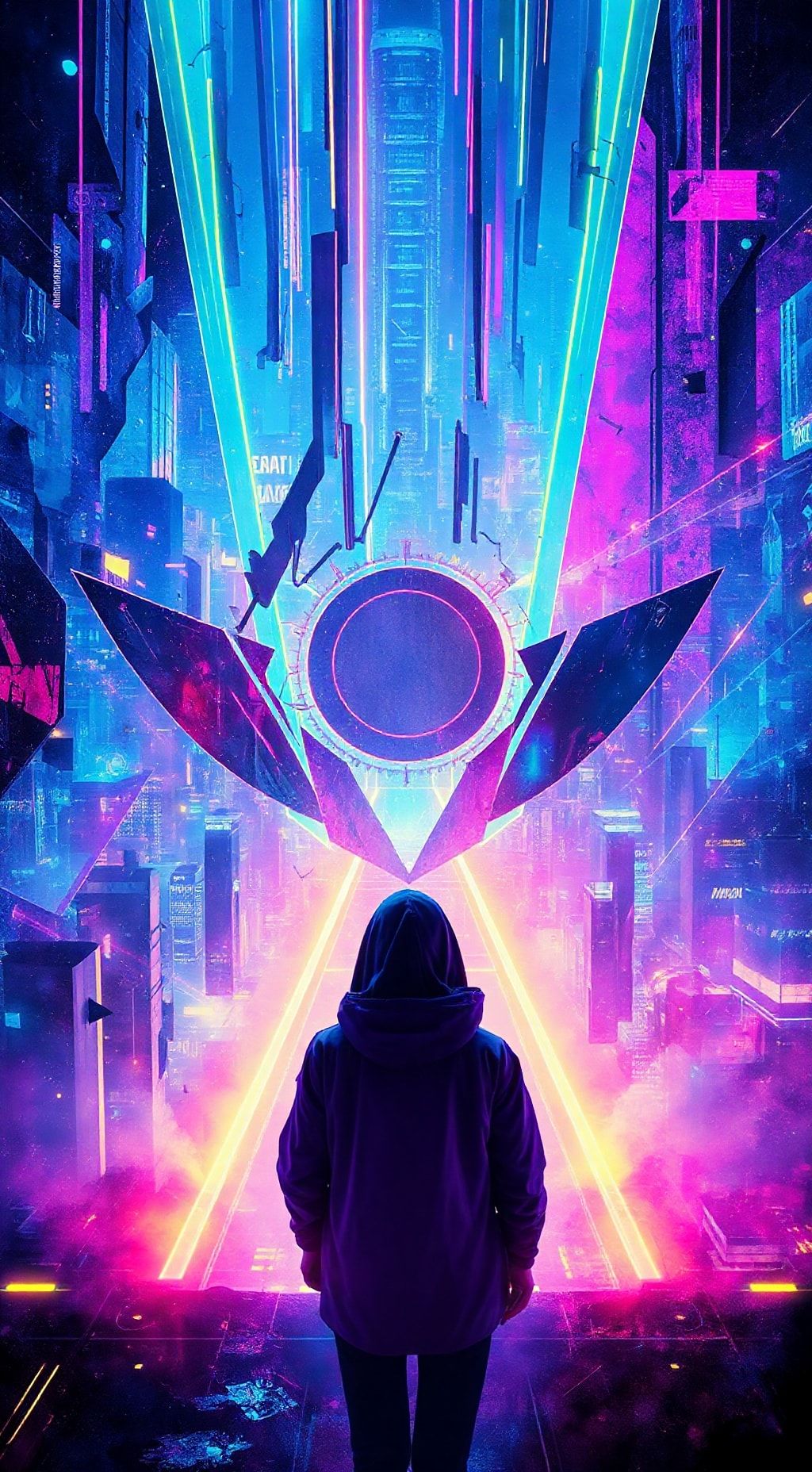Us Fighter Jet Wreaks Havoc On Korean Frontline
The Lockheed P-80 Shooting Star was an American jet fighter that would become synonymous with …
23. December 2024

TCL’s AI Short Films: A Descent into Visual Madness
In an era where artificial intelligence has become increasingly prevalent in our daily lives, technology companies like TCL are experimenting with its creative potential. Recently, the company released a series of five new AI-generated short films on its TCLtv Plus free streaming platform, leaving viewers bewildered and questioning the future of storytelling.
Among these films, one stands out as a cautionary tale about the limitations of AI in generating engaging content: “Next Stop Paris.” The trailer showcased all the hallmarks of AI-generated videos – lifeless expressions, weird animation, and characters that don’t move their mouths when they talk. TCL’s decision to debut five new films despite this initial backlash suggests a willingness to push the boundaries of what is possible with AI.
The first film, “Sun Day,” attempts to tackle the theme of loneliness in a futuristic setting. The story follows a young girl who wins a lottery to see the sun on her planet, only to be locked away by bullies. While the voice acting is passable, the lack of facial expressions makes for an unsettling viewing experience.
The second film, “Project Nexus,” takes a different approach by depicting animated characters with supernatural powers. Despite its intriguing premise, the AI-generated animation and questionable voice acting make it hard to watch. The story feels more like a five-minute trailer than a fully fleshed-out short film, leaving viewers wondering what’s next.
In contrast, “The Best Day of My Life” is a docufiction-style short film that uses AI to retell the harrowing story of Dr. Warren Brown’s lost leg. While the majority of the film is an AI flashback, showing clips of Brown and his friend traversing a snowy mountain top, it cuts between scenes with a real actor who narrates the story. The result feels like watching an Investigation Discovery show, but with all the “dramatic recreations” made with AI.
The remaining two films, “The Audition” and “The Slug,” are perhaps the most cringeworthy examples of TCL’s experimentation with AI-generated content. In “The Audition,” a simple skit about an actor auditioning for a role devolves into weird and unfunny attempts at comedy, while “The Slug” is a Kafka-esque tale that descends into visual madness.
As we navigate the uncharted territory of AI-generated content, it’s essential to consider both the potential benefits and drawbacks. While TCL’s experiments may not have resulted in something remarkable, they do serve as a reminder that AI is still in its infancy when it comes to storytelling.
TCL’s AI short films are a fascinating glimpse into the possibilities and limitations of AI-generated content. While they may not be perfect, they do offer a window into a future where technology is increasingly intertwined with our lives. As we look to the horizon, it will be interesting to see how this technology evolves and whether it can help us create more engaging and meaningful stories.